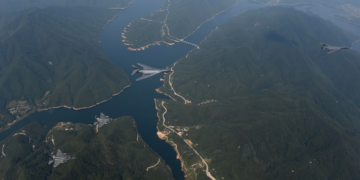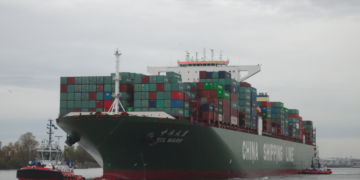
By the end of U.S. President Barack Obama’s second term, the United States faced a clear choice regarding its future role in Asia. As China grew more powerful—and assertive in its territorial claims—Washington could double down on costly efforts to try to maintain U.S. military primacy in the region. Or it could acknowledge that China will inevitably play a growing military role there and use its finite resources to balance Chinese power, seeking to prevent Chinese regional hegemony without sustaining its own.
Obama’s successors, Donald Trump and Joe Biden, both opted for the first approach. They have focused on achieving “overmatch” against China, as Mark Milley, then the chairman of the U.S. Joint Chiefs of Staff, put it in early 2023—retaining military preeminence as an overarching goal of U.S. Indo-Pacific policy. Biden’s strategy for achieving this goal has differed from that of his predecessors. Recognizing that the price of maintaining U.S. military dominance in the region was fast becoming politically and practically unsustainable, the Biden team sought to build a coalition of allies and partners to defray some of the costs. In the last three years, for example, the administration successfully gained access to additional military bases in the Philippines, established new trilateral intelligence-sharing mechanisms with South Korea and Japan, and forged the AUKUS agreement with Australia and the United Kingdom to provide the Australian navy nuclear-powered submarines.
But despite some successes, Biden’s overall progress toward building the needed coalition has been slow. The United States still lacks military access to critical parts of Asia, a strong U.S.-led security architecture, and enough well-armed allies and partners to sustain U.S. preeminence. Worse, there is no clear way to address these weaknesses. Asia’s maritime geography reduces the threat that countries in the region perceive China poses, fundamentally undermining Biden’s coalition-building project.









